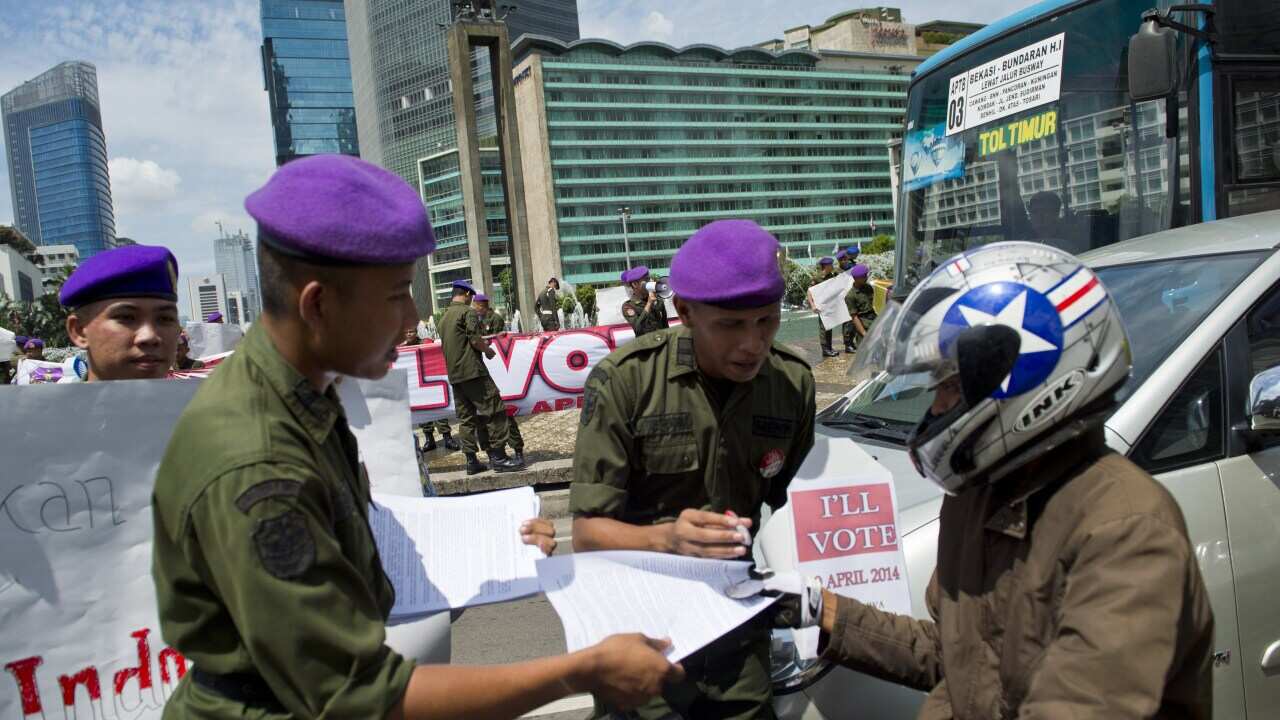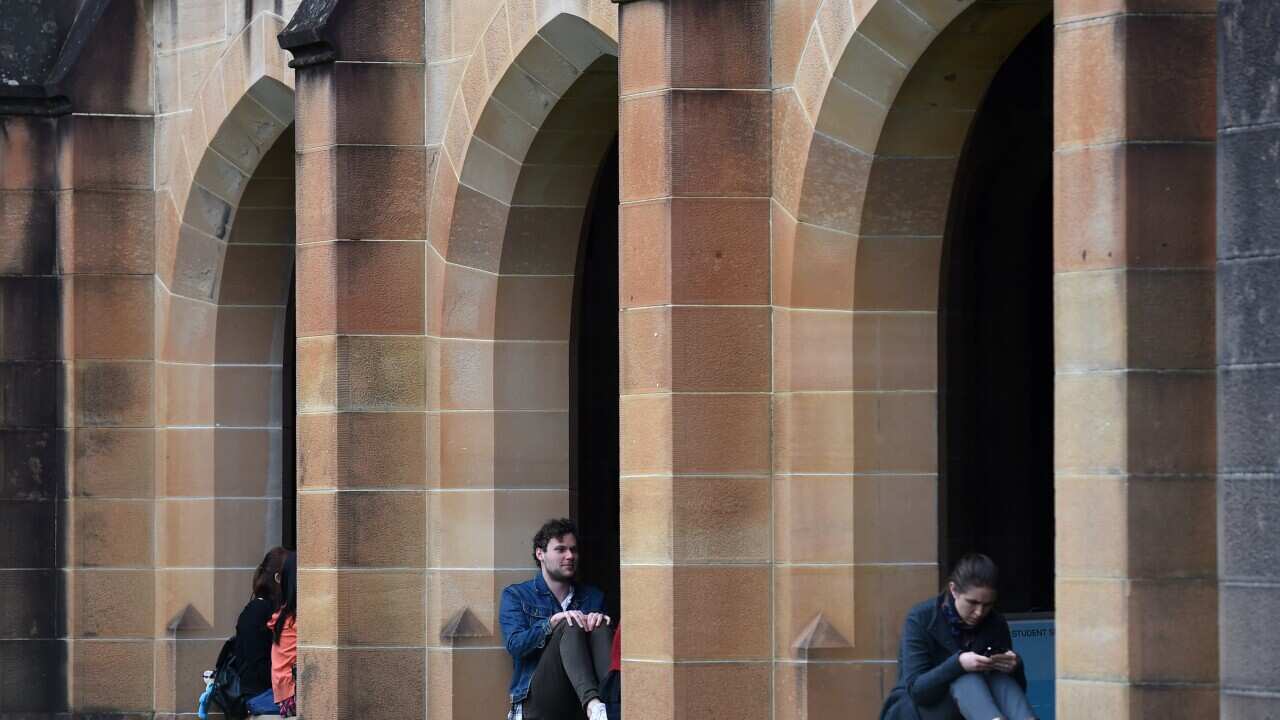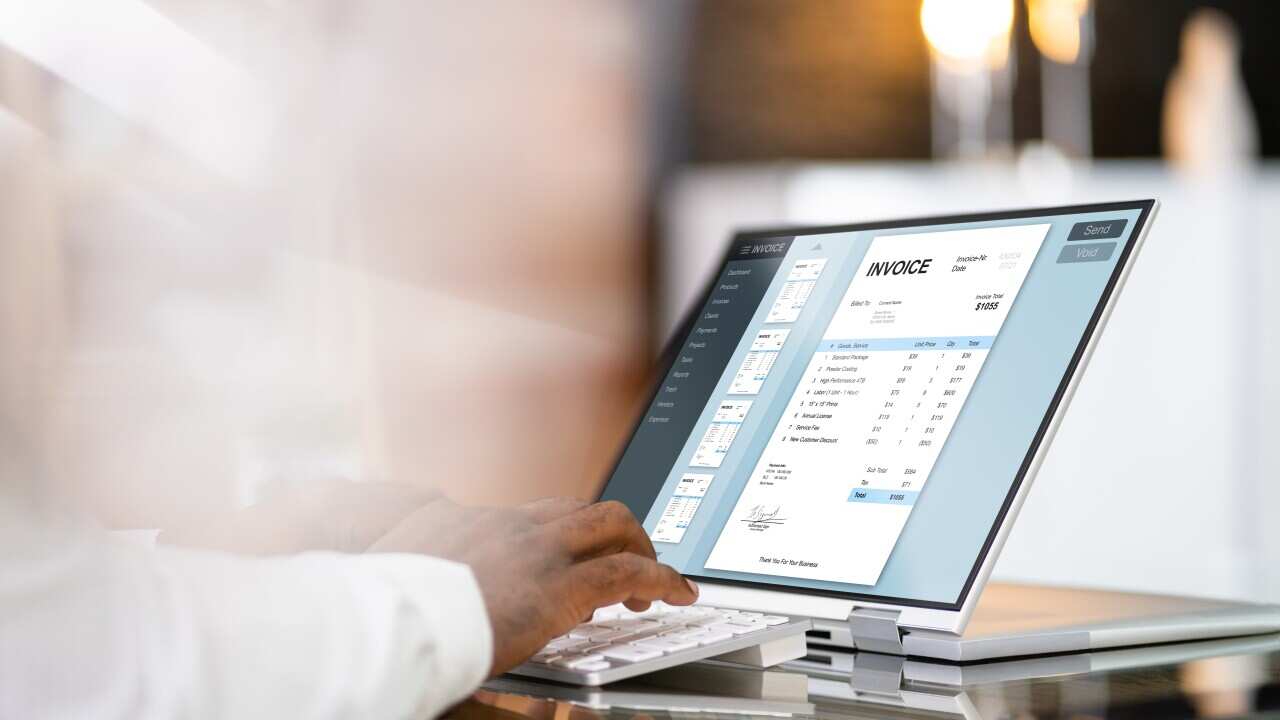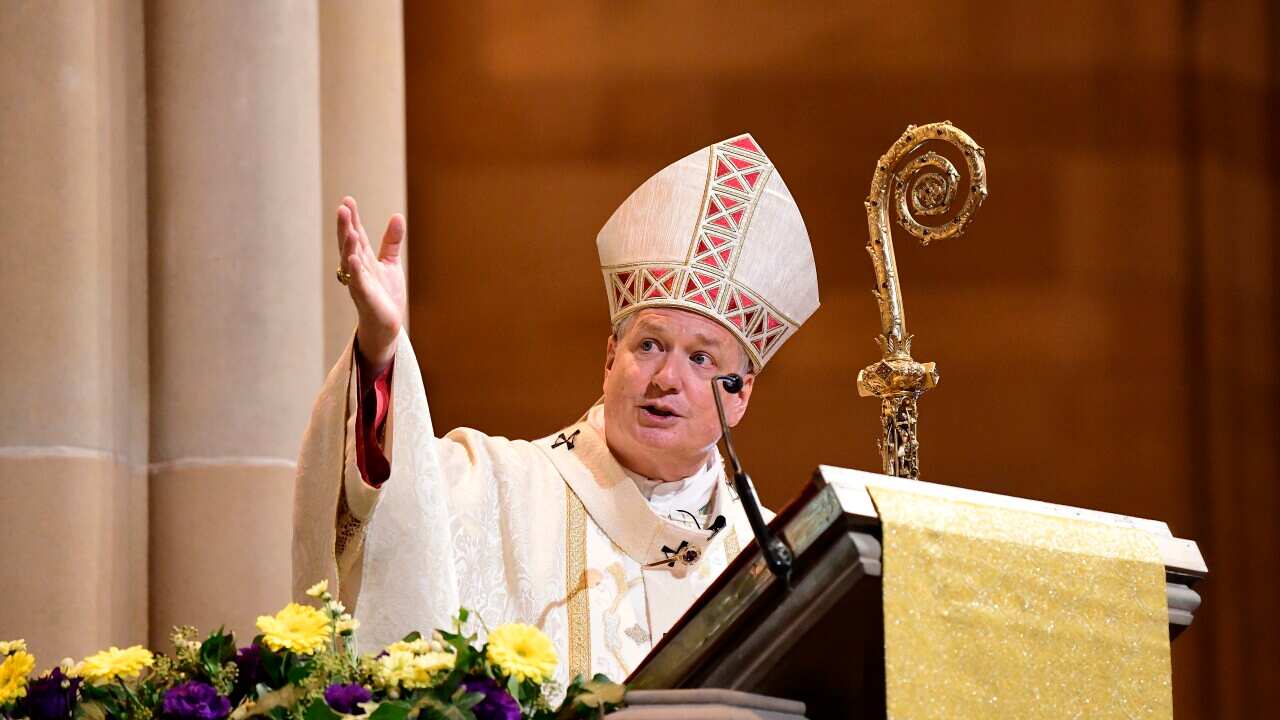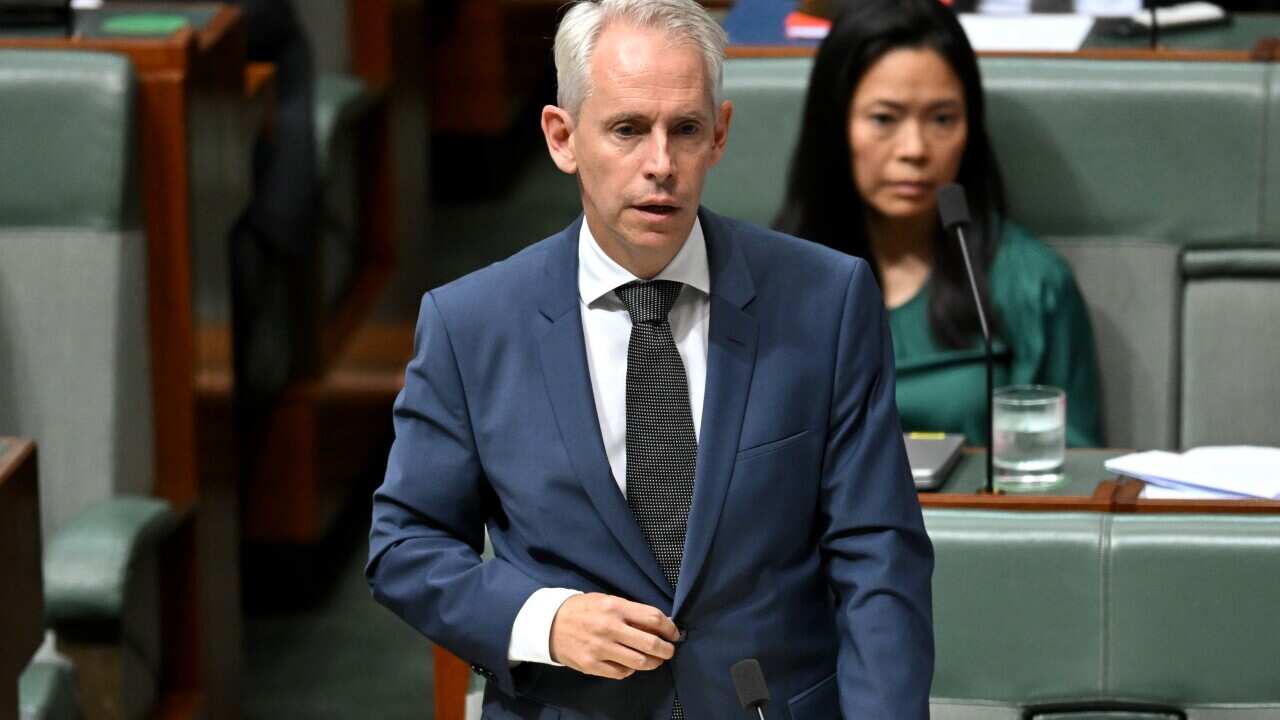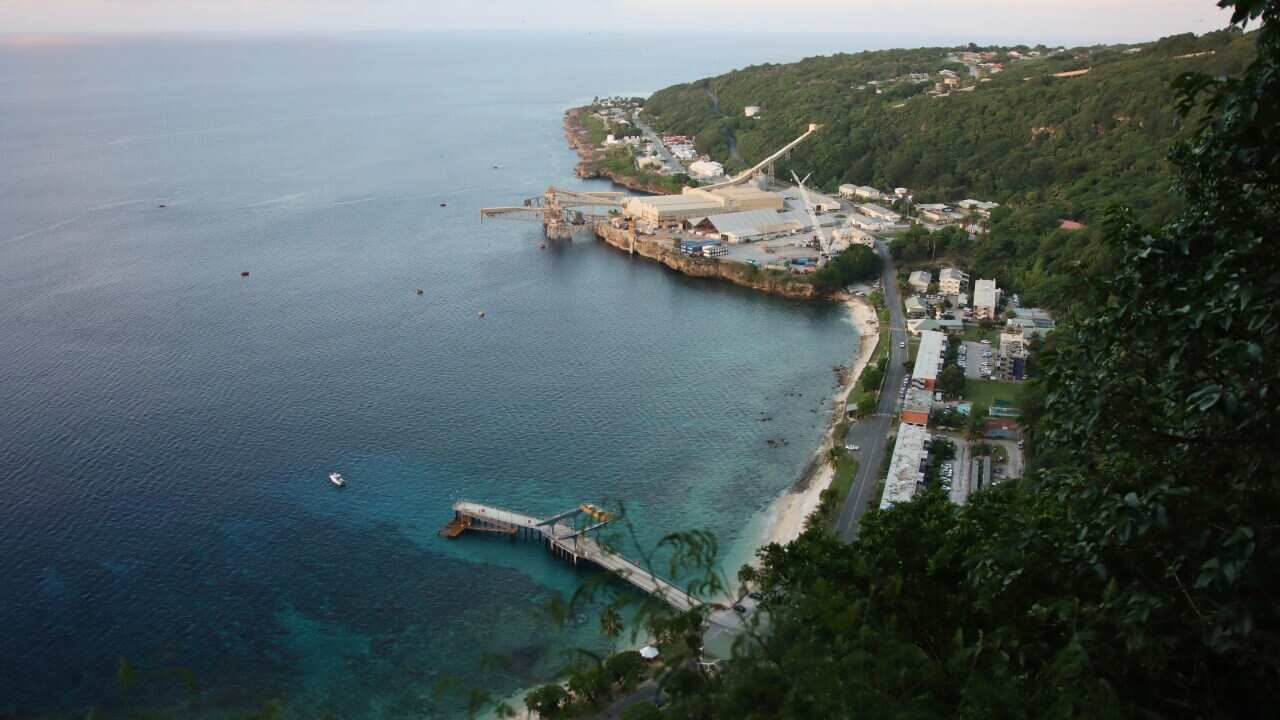Today, Indonesians to elect their national, provincial and area representatives for the next five years. These elections will not only determine who controls parliament, but also influence the selection of candidates for the presidential election in July.
In order to , parties or coalitions must hold a minimum of 20% of the seats in parliament or receive 25% of votes nationwide. Indonesia’s current president, Susilo Bambang Yudhoyno (SBY), is constitutionally barred from running for a third term, so Indonesia is guaranteed a new president no matter what.
Electoral campaigns in Indonesia, as in many countries, tend to centre around domestic issues. This election campaign is no different. But the central role of economic nationalist discourse indicates that a change in government may have real consequences for Indonesia’s relations with foreign countries.
For example, in Indonesia has come to prominence as an election issue. Several parties argue that Indonesia needs to reduce its imports and focus on feeding itself. The current reliance on outsiders is presented as a failure of government.
There are also calls to ensure that the profits from mining projects flow to national coffers and not those of foreign investors.
Having an understanding of the backgrounds of candidates and the priorities of the parties they represent will prepare Australia and other countries for the impending changes in Indonesia’s government. The two current frontrunners are Jakarata governor – commonly known as Jokowi – and , a former military leader from the Suharto period.
Both candidates have vastly different backgrounds and will present different challenges and opportunities for Australia. So, who are they? And what do they stand for?
Jokowi
Jokowi, the much-loved “people’s politician”, is a former furniture shop owner from Central Java who rose to prominence and elected to office on a wave of public enthusiasm for change.
Jokowi represents a break from the old Indonesian political elites. He has no family pedigree in politics and a for impromptu visits to villages and low-ranking officials (commonly referred to in Indonesia as “blusukan”). His gubernatorial campaign was , taking advantage of his status as a media darling and relying heavily on social media.
The implications of a Jokowi presidency for foreign relations is something the region should be prepared for. Importantly for Australia, he has limited international diplomatic experience and has issued little commentary on international affairs. The closest media coverage of Jokowi seems to get to touching upon international issues are discussions of his .
The party which nominated Jokowi, the People’s Democratic Party of Struggle (PDI-P), consistently draws on nationalist rhetoric. Chaired by Megawati Sukarnoputri, the daughter of Indonesia’s first president Sukarno, PDI-P likes to present itself as Indonesia’s one true nationalist party.
In the wake of last year’s , PDI-P members that both the Australian and US ambassadors should be expelled from Indonesia to send a clear message to these countries about the unacceptable nature of their behaviour.
Prabowo
Prabowo Subianto, Jokowi’s likely opponent for the presidency, is akin to political royalty. He is the leader of the country’s most well-funded political party – Gerindra – and is from a very well-respected political family. He was the son-in-law of former president Suharto. Comparatively, he is much more worldly than Jokowi, having lived overseas and speaking fluent English.

Notably, Prabowo also over the spying scandal. He accused SBY of manipulating the situation for political purposes and chastising him for his sensitivity when it is a well-known fact that countries regularly spy on each other.
While Prabowo was quick to defend Australia’s phone tapping, his party’s platform also has a strong economic nationalist slant, with little mention of international relations.
Prabowo has also been keen to present himself as a nationalist. This has even extended to his party publishing a story last year in which he discussed his decision to to an American university early in his career because he believed that a true patriot would stay in Indonesia to dedicate his life to defending his country.
Indonesia’s presidential race remains open for the time being. Many parties are awaiting the outcome of the parliamentary race before forming coalitions and selecting presidential and vice-presidential candidates. And while Jokowi may be , three months is a long time in politics.
But if the current favourites are indicative of the general trends in Indonesia, Australia should be prepared to renegotiate its relationship with its close neighbour – whoever Indonesia’s new president is. Elisabeth Kramer does not work for, consult to, own shares in or receive funding from any company or organisation that would benefit from this article, and has no relevant affiliations.
Elisabeth Kramer does not work for, consult to, own shares in or receive funding from any company or organisation that would benefit from this article, and has no relevant affiliations.
